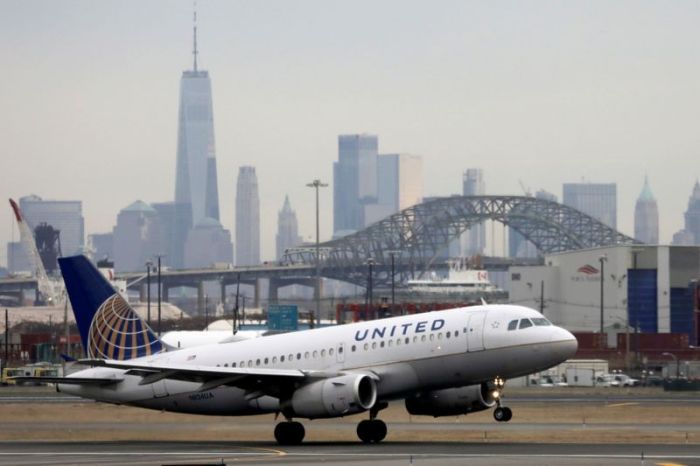SINGAPORE (Reuters) – Southeast Asian ride-hailing and payments firm Grab said on Tuesday it would lay off more than 300 employees due to the impact of novel coronavirus, in the latest setback to major backer SoftBank Group Corp <9984.T>.
Southeast Asia’s most valuable startup with a valuation of $14 billion informed staff of the cuts at a town-hall meeting, according to people with knowledge of the matter.
CEO Anthony Tan told staff in a note which was shared with Reuters the loss-making company would cut just under 5% of its headcount, or about 360 employees. The company had earlier asked employees to take voluntary unpaid leave.
Singapore-based Grab, which is active in eight countries, did not face capital constraints and would be “sunsetting non-core projects, consolidating teams and pivoting to focus on deliveries”, a spokeswoman said.
Grab currently has $3 billion in reserves, according to a source with knowledge of the matter.
The layoffs are the latest restructuring at a SoftBank Group Corp <9984.T> portfolio company.
“The company (Grab) has been in growth mode for so many years in many verticals and it is necessary for it to make an adjustment to be more focused,” said Jianggan Li, from Singapore-based tech venture consultancy Momentum Works.
“With sufficient capital in the bank account and eased competitive pressure, it should really focus on building the core services well to achieve profitability.”
The ride-hailing industry has been battered by the pandemic, raising doubts about its business model globally.
SoftBank-backed Uber <UBER.N> and Ola have both cut hundreds of jobs.
The impact in Southeast Asia has been severe, with 11 drivers for Grab and rival Gojek telling Reuters last week they had their income slashed by more than half during the outbreak.
An increase in food deliveries – forecast as a major growth area for both firms – has come nowhere near compensating for the losses in transport
(Reporting by Fanny Potkin, Anshuman Daga, and Aradhana Aravindan; Additional reporting by Sam Nussey; Editing by Stephen Coates and Mark Potter)



























